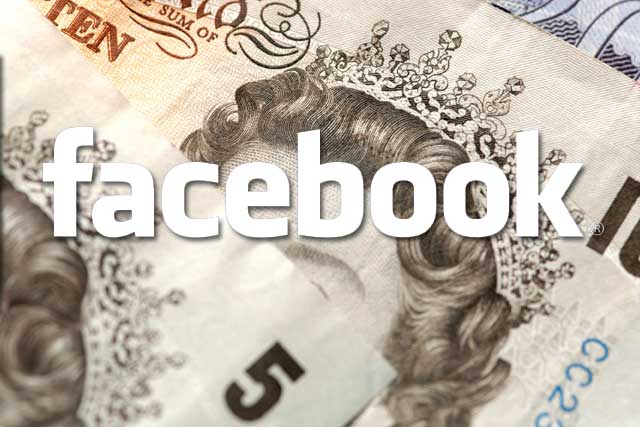
Drawing on figures garnered from agencies and advertisers, and cross-referenced with existing industry analysis, Ian Maude, an analyst at Enders, believes Facebook’s gross revenue from UK advertisers is set to rise 80% in 2011, and reach "north of £250m" in 2012.
Advertising sales are believed to be responsible for the bulk of Facebook UK’s revenues, driven by its 50-strong sales team.
A number of big brand advertisers have run campaigns across the site in 2011, including O2, BT, Visit Britain and Samsung. By sector, retail brands are leading the charge, alongside food and drink brands.
Maude said: "There is certainly no question whether anyone can monetise Facebook now. We believe the site has made £80m in revenue in the first half of 2011, largely from advertising.
"This is set to reach £180m by the end of the year, representing year on year growth of 80%."
The UK has been a significant focal point for Facebook’s agency efforts, and the market has helped shape its global agency approach since its
In the IAB’s bi-annual report last week, social media was singled out for special attention in online’s continued growth story. The introduction of sophisticated new formats and growth of online video was identified as having contributed to UK display advertising growing 18.5% year on year, to £510 million in the first half of 2011.
Maude believes advertising on Facebook is likely to represent 16%, around £80m, of the UK’s total display spend during the first two quarters. He added: "Facebook now accounts for the majority of net online display growth in the UK."
If correct, Enders’ forecast places Facebook’s UK sales at more than tens times larger than the earlier this month.
The social media network itself downplays any relevance the figures published in the official accounts have in relation to its UK business. A spokesperson told Media Week: "Facebook, as a private company, does not provide extensive detail on our finances.
"In keeping with the legal requirements of certain countries, we file reports about local operations but it would be a mistake to draw any conclusions from such reports."
Martin Hearson, tax policy analyst at the international development charity ActionAid, said that such discrepancies between "reported" and "actual revenues" represent an increasingly difficult area for UK Government as it tries to collect tax from global companies in the digital age.
Stressing there is no suggestion Facebook and similar global web companies are breaking the law, Hearson said the ease with which "virtual" services like online advertising and brand ownership can be moved around for tax purposes is something the OECD is grappling with.
The UK represents the fifth largest market for Facebook, but its strong performance mirrors growth experienced elsewhere.
Last month, drinks giant Diageo announced plans to increase its commercial activity with Facebook following what its chief marketing officer, Andy Fennell, called "significant returns on investment".
Looking ahead, Maude said: "There can be no doubt that Facebook has had runaway success in attracting brand advertisers [in 2011]. The really interesting question now is when will they [Facebook] start monetising mobile? They currently have no ads in the space but it can only be a matter of time."
Follow Arif Durrani on Twitter:



.jpg)


.jpg)